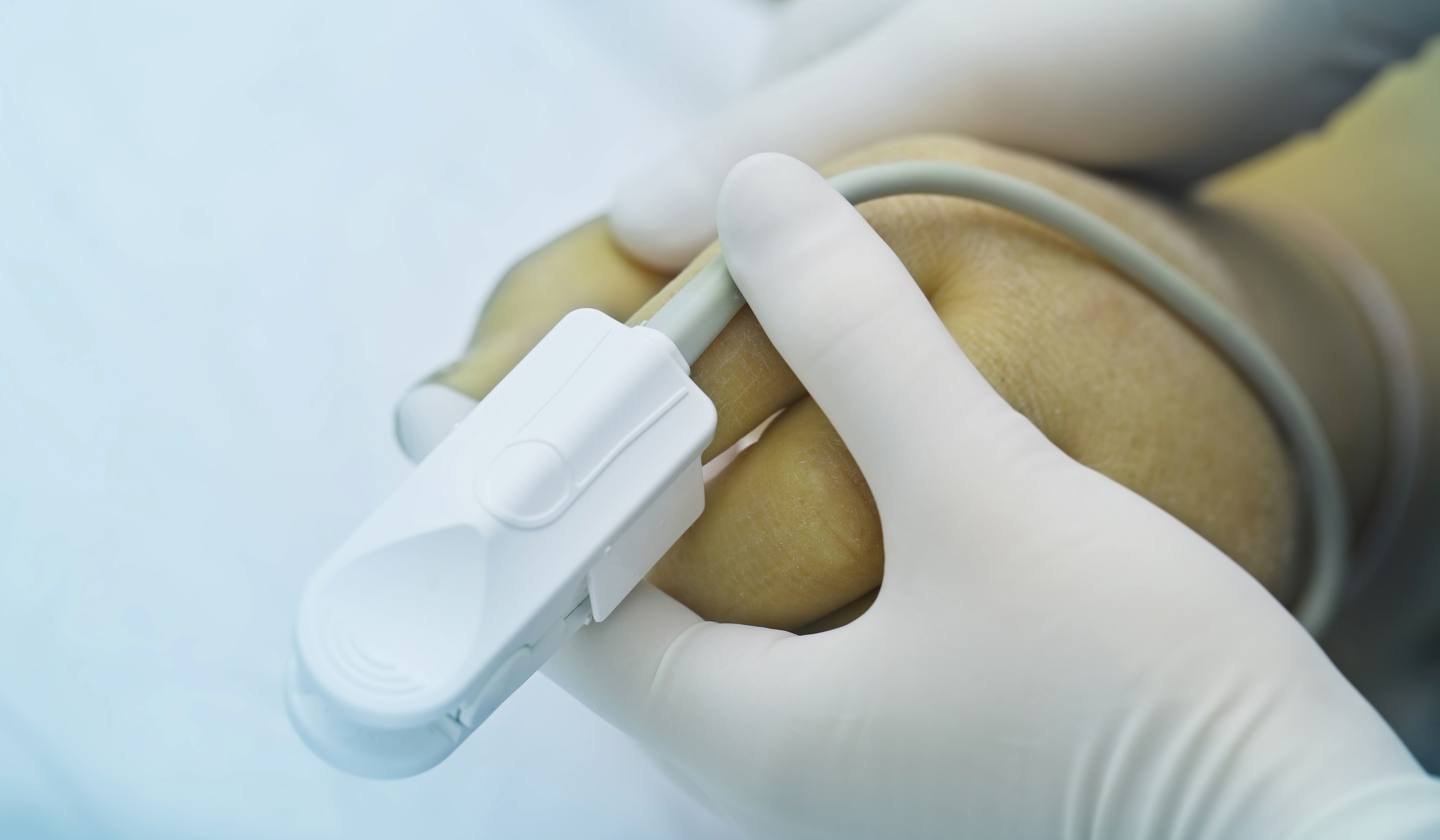The extreme psychological stress critically ill patients experience in intensive care units is known to be nearly as lethal as the injury or illness that put them there in the first place, but until now there have been no formal treatment guidelines for it.
Now a team of U of A researchers is testing relaxation techniques, massage and music therapy for ICU patients in hopes of improving recovery, and reducing physical and mental health problems after discharge.
“There is a general acknowledgement that critically ill patients experience unparalleled levels of stress, but we do not currently assess their stress levels and we do not manage their stress levels,” says principal investigator Elisavet Papathanasoglou, a professor in the Faculty of Nursing.
“We focus on survival — and there has been wonderful progress in improving survival of patients — but then their longer-term outcomes are getting worse.”
Psychological stress is known to exacerbate ICU patients’ physical symptoms because it causes immunosuppression and metabolic changes, increases sensitivity to pain, and alters hormones and neurotransmitter levels in the brain leading to delirium.
“Psychological stress deteriorates the physiological conditions of these patients and limits their chances of recovery and survival,” Papathanasoglou says.
A never-ending nightmare
Patients are often sedated while in ICU to make it possible to deliver treatment, but that exterior calm does not eradicate their stress, Papathanasoglou explains.
“Although they seem like they're sleeping, the stressful experience is then incorporated into their dreams and they report extreme nightmares, which then contribute to their post-traumatic stress syndrome,” she says.
After discharge from an ICU stay, 70 per cent of patients experience debilitating mental health problems including post-traumatic stress disorder, anxiety and depression. A syndrome known as post-intensive care syndrome includes physical weakness, cognitive changes and severe mental health issues.
“This can linger for years, limiting the quality of life of patients,” says Papathanasoglou. “Their chances of rehabilitation are lower, there is a burden on the families, and costs to the health-care system increase.”
In the clinical trial, patients in the ICU at Edmonton’s Misericordia Community Hospital are given up to five days of treatment with an intervention that includes listening to relaxation recordings for 40 minutes, followed by a 15-minute light massage. Some patients also listen to a Mozart piano sonata for 15 minutes.
Promising benefits for patients and staff
Papathanasoglou’s earlier research and related studies show that music therapy has a neurobiological effect with the potential to help people living with PTSD. It decreases activity in the amygdala (the part of the brain that controls emotions), improves function in other parts of the brain that regulate thoughts, and balances the response of glands that regulate metabolism, immune response and the autonomic nervous system.
The research team assesses the patients’ biomarkers for inflammation and stress, vital signs and heart rate variability, before and after the intervention. Patients who are able to communicate are asked about their pain levels, their experience of stress and how well they slept. The main outcome the researchers are looking for is to reduce delirium, also known as “ICU psychosis,” which is on the rise in ICU patients regardless of their previous mental health history, although the cause of that increase is unknown.
Although it’s too early in the study to see that pattern of delirium, since the physical test results are blinded until it is completed, Papathanasoglou says patients report feeling less pain after the treatment. This is consistent with results from an earlier pilot study of the treatment protocol.
“Before the intervention, patients might report an average of seven or eight for pain; after the intervention this becomes a two or a three,” she says. “That’s huge for the patient.”
Another outcome of the treatment that’s already become evident is that those delivering the treatment also feel more relaxed as they do their jobs, Papathanasoglou notes.
Building a new standard of care
Papathanasoglou’s next step with this research will be to bring together clinicians and survivors of ICU to come up with clinical practice recommendations on the assessment and management of stress in the ICU. In focus groups with patients, she plans to ask what caring behaviours alleviate their stress in the ICU and what makes it worse, then work together to come up with actionable guidelines.
“I feel like as nurses we are aware of patient stress but the environment of care — the intensive nature of care and also personnel shortages — sometimes does not allow us to actually do something about patient stress,” she says. “This is so overdue.”
Papathanasoglou’s research project is funded by the Canadian Institutes of Health Research and Alberta Innovates.
Elisavet Papathanasoglou is scientific director of the Neurosciences, Rehabilitation & Vision Strategic Clinical Network for Alberta Health Services and a member of the Women and Children’s Health Research Institute.
